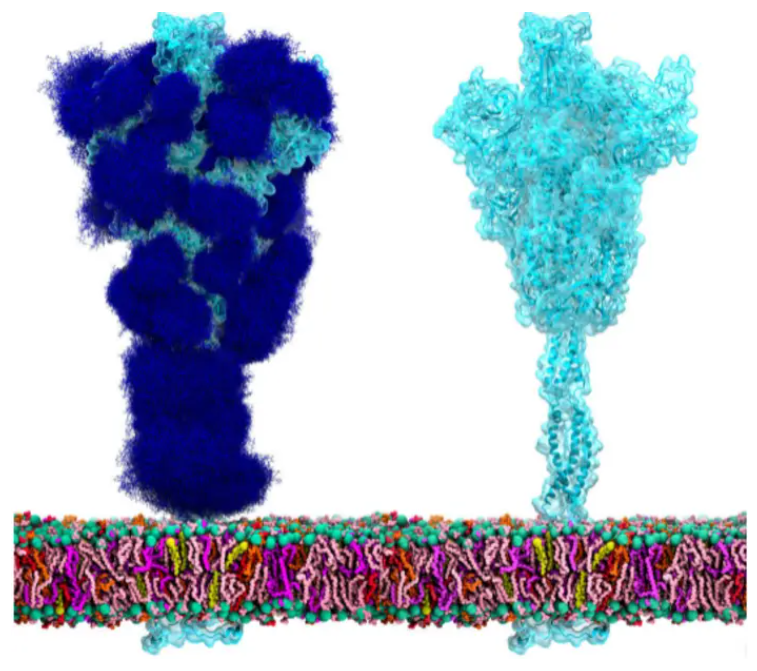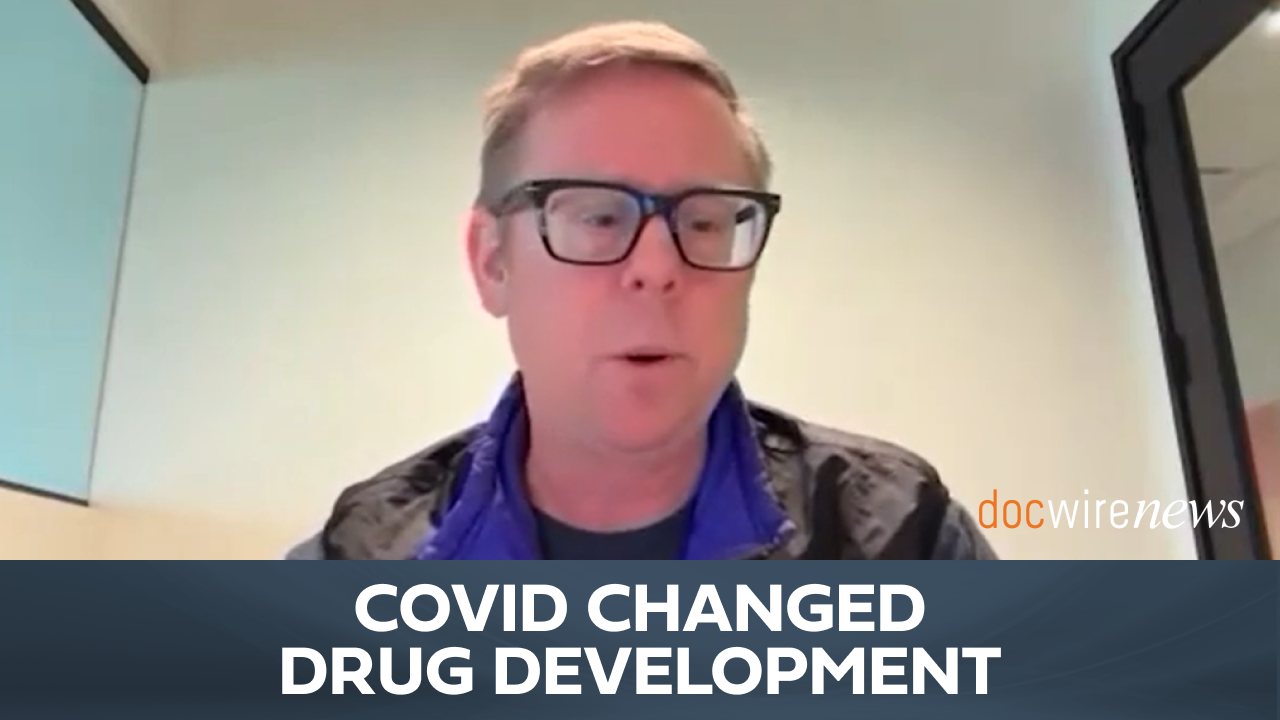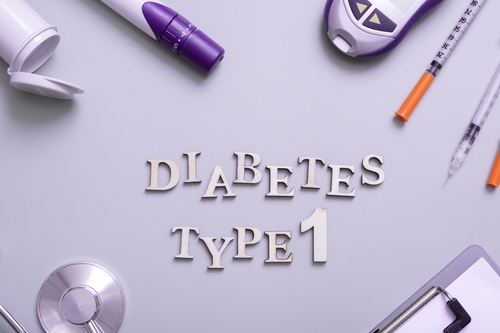ASCO: Assessment of Vitamin D Deficiency and COVID-19 in Cancer Patients
By Rob Dillard - Last Updated: May 10, 2024Medidata, a Dassault Systèmes company, presented a study at the 2021 ASCO Annual Meeting which assessed of the effect of Vitamin D deficiency and COVID-19 diagnosis in patients with breast or prostate cancer.
DocWire News spoke with Dr. Aaron Galaznik, RWE Head of Research, Medidata Acorn AI, to discuss the findings.
DocWire News: Can you talk to us about the study you conducted?
Aaron Galaznik: Yeah. This study was prompted by… Obviously with the global pandemic and COVID, there’s a lot of interest in what are the implications, what are the risk factors for COVID. And, there was some literature that’s come out that there is an association between vitamin D levels, vitamin D deficiency, and risk of COVID. In addition, in cancer, frailty of patients is a big concern. Vitamin D deficiency is one of those sources of frailty that you want to watch out for in cancer patients. Plus these are two cancers, breast, and prostate cancer. Usually, we pick them as there is some literature out there, associating deficiency of vitamin D with actually like, risk of disease or disease aggressiveness. So for that reason, we thought that this would be a good area to focus on examine, particularly because cancer patients, that’s a vulnerable population. Especially if you’re on immunosuppressive agents, as most of the cancer treatment agents are, you’re going to heighten the risk of infection. And therefore, it seemed like an opportunity to explore this issue in a novel fashion.
DocWire News: Did you find any of the results surprising?
Dr. Aaron Galaznik: Well, we found the results to be very consistent with what the literature indicated. In that, we found that, well not surprisingly, it is an older population with breast and prostate cancer, so there are elevated levels of vitamin D deficiency in this population. And when we looked at the actual rates of COVID in these populations for patients who were or were not diagnosed with vitamin D deficiency, we did in fact, see that there was an association with a higher rate of COVID infection in those patients with vitamin D deficiency. So it did bear out that, in addition to there being an overall association, which had been shown before, but that we’re looking within these two specific cancer populations who are of increased deal of vulnerability, this relationship held true as well.
DocWire News: How important is it to monitor Vitamin D deficiency in cancer patients?
Aaron Galaznik: We think this actually. These findings call the attention to the importance of it. In general, cancer patients they can be frail, you have to watch out for different comorbidities, risk of infection, nutritional needs. And in general, one should be paying attention to the support and monitoring one gives these patients. Vitamin D is one of those things that we think is an important role in monitoring it in cancer patients, independent of COVID. We think our findings highlight that particularly in the background of COVID and potentially future endemics, this is something that should be included as part of that. Some of what we looked at in a study showed that while there is a decent degree of vitamin D testing in these patients, we suspect a lot of it is in patients, in whom the doctor already has suspicion that there’s vitamin D deficiency. So there’s probably a role for expanding awareness of vitamin D deficiency testing as part of routine supportive care for cancer patients.
DocWire News: What are the clinical implications of these findings?
Aaron Galaznik: As I said, I think it’s very important for really being mindful of how you can better spend support and prevent other sequela or comorbidities from effecting cancer patients beyond the cancer itself. As I said, it’s an older, vulnerable, frail population very often, in an immuno-suppressed state very often because of the treatments they’re taking for their cancer. As such, you want to make sure their body is my best able to tolerate not only the cancer treatment, but fight off the disease and fight off any other things that they may succumb to. I think being mindful of other sources of illness of co-morbidity is very important I think for cancer patents. And this very much highlights that is another easy way to address another potential factor that could cause this frailty in patients that could be done routinely, could be done easily and could potentially help impact their quality of life.
DocWire News: Closing thoughts?
Dr. Aaron Galaznik: Yes. I think this [inaudible 00:04:02] did forget to add is, this study was actually conducted as part of the COVID-19 Research Database consortium, which is a large gathering of data providers, technology providers, academics, and industry partners, to bring together a large amount of real-world data, electronic medical records data, claims data for the purpose of enabling this type of rapid research around COVID in this time of crisis. So it was thanks to this consortium that we’re able to conduct this study. And not only was the data, the analytic environment, which by the way, our company metadata actually posts the analytic environment for this and enables the 250 plus different research projects to occur. What this meant was we had the ability to, as issues came up in the COVID pandemic, identify research topics of interest and explore them quickly as the disease unfolded. And our study here is one such example of that. So I think what this study is attributed to is not just the findings themselves, but that when everyone comes together in this way to bring together data, technology, research acumen, it really unlocks what one can do with data generated by the healthcare system.
*Medidata wants to acknowledge Dr. David Fajgenbaum, of the University of Pennsylvania, and the Castleman’s Disease Collaborative Network, for his important contribution to the study.







 © 2025 Mashup Media, LLC, a Formedics Property. All Rights Reserved.
© 2025 Mashup Media, LLC, a Formedics Property. All Rights Reserved.